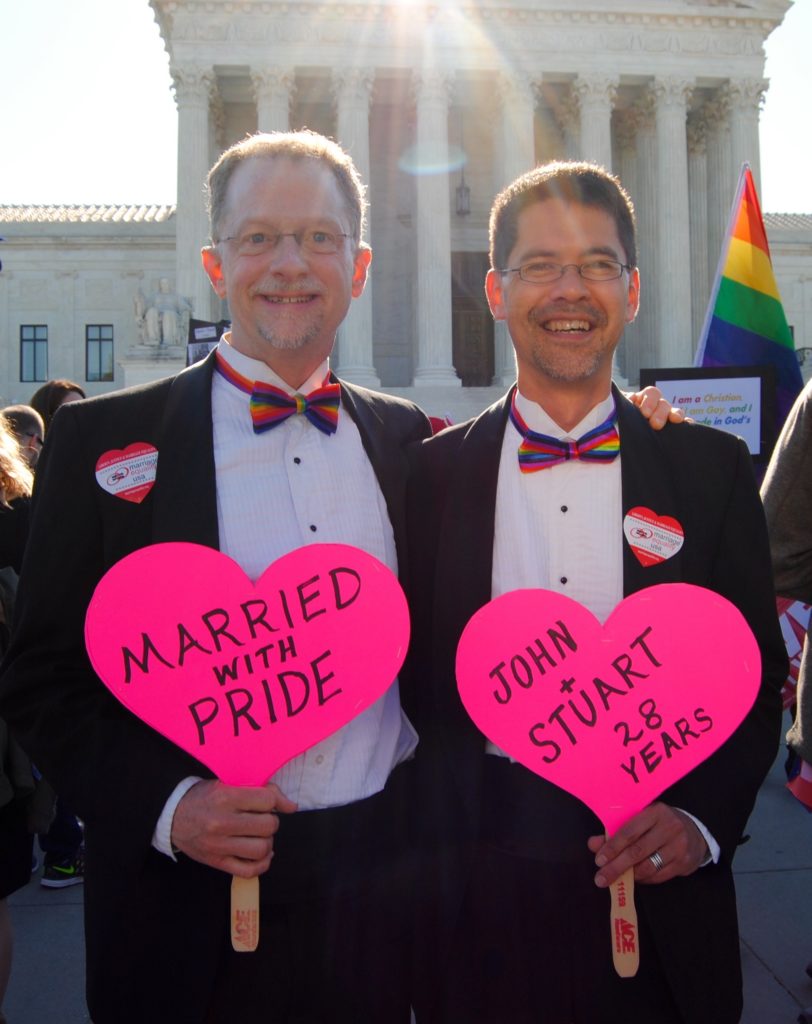
As of 2017, fifteen EU countries recognise and perform same-sex couple's marriages. Presently, fifteen nations accept gay marriages in Europe, all of them are the Member States of the European Union. In Estonia, members of the LGBT community cannot marry, but they recognise the married status of same-sex couples if they were married abroad. From the twelve other European jurisdictions, which accept and perform the same-sex civil union, nine are also EU countries.
European countries, where same-sex couples can marry:
Belgium, Denmark, Finland, France, Germany, Iceland, Ireland, Luxembourg, Malta, Netherlands, Norway, Portugal, Spain, Sweden and the United Kingdom.
European countries, which recognise the foreign marriage of same-sex couples:
Armenia, Estonia.
European countries, where same-sex couples can enter into civil union:
Andorra, Austria, Croatia, Cyprus, the Czech Republic, Estonia, Greece, Hungary, Italy, Liechtenstein, Slovenia, and Switzerland.
Monaco will allow civil union and Jersey will grant the right of the marriage for gays and lesbians from the spring of 2018.
More than 52 percent of the European population lives in countries, where cohabitation of gay and lesbian people is permitted. There are no accepted legal options for same-sex couples in Romania, there is a Constitutional ban on homosexual marriage in Latvia and Hungary, without the availability of other types of partnerships.
Are you a member of the LGBTQ community and want live and marry in the European Union? Click here for detailed information.
There is an interesting legal debate in the European Union about the same-sex couples' marriage and the Freedom of Movement. Citizens of the European Union and their family members, as well as their partner should enjoy the freedom of living in any other Member State. However, there are EU countries which do not entirely recognise the married status, or someone becoming a family member by civil union or another type of registered partnership. Under a new proposal, Member States would have to automatically recognise same-sex partners as a member of the family. However, in the 14 countries with different legislation, this new directive would have a severe impact.
In 2015, according to a survey, average support for same-sex marriage in the European Union was at 61%. On the sub-national level, LGBT marriages are also recognised in the Faroe Islands (Denmark) and Akrotiri and Dhekelia, Alderney, Gibraltar, Guernsey and Isle of Man (United Kingdom). Other types of partnership are permitted in Jersey and Northern Ireland (United Kingdom). The tiny island of Sark (United Kingdom) with a population of 600, does not accept partnerships.